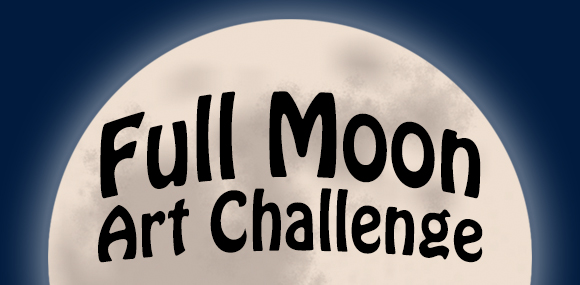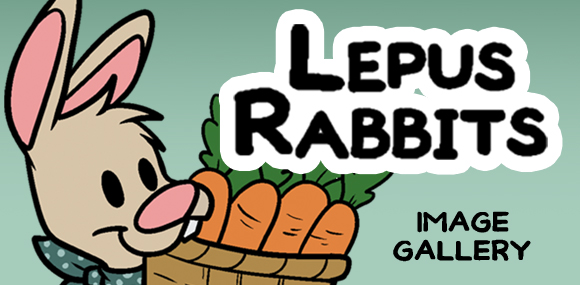Three weeks ago I went to Free Comic Book Day and left with a fair sampling of all kinds of comics.
Two week a saw Avengers: Age of Ultron, a great film that reminded me how great super hero movies can be.
Afterwards, I found myself flipping through my comic books and thinking about their big screen incarnations. It gave me a disturbing, almost blasphemous thought: Are super heroes a better fit for modern TV and movies than they are for comic books?
Super heroes originated in comic books. Many people think of the two as synonymous. And, for the longest time, comic books were the only place where super hero adventures could exist. In the Comic Golden Age of the 30’s, 40’s and 50’s, or the Comic Silver Age of the 50’s, 60’s and 70’s, the heroic, supernatural feats told in comic books were either too expensive to put on film or downright impossible. Sure there were a few animations and TV shows, but the action was usually limited to fit the budget or the effects team’s abilities. Comic books never had such limits. If it could fit on a page, it could happen in a comic.
Today, movie special effects, TV special effects, and animation have improved. Our ability to bring fantasy to life on screen is finally a match for our ability to bring it to life on paper. Comics have lost their biggest advantage over video media. And, while comic books and graphic novels have always told great stories, they are not without deficiencies. A few classic elements of comics are more easily told though video and audio than still pictures and word balloons.
A prime example of this is something super hero comics are know for: witty banter.
Wether its Spider-Man cracking jokes at his opponents, or Batman dropping the perfect threat at a pivotal moment, super heroes are know for their one-liners. It’s no surprise that witty banter has grown into an important element of super hero comics. Banter keeps the audience amused, narrates the action in a way that feels natural, and breaks up the monotony of what other wise might be four solid pages of punching.
On the other hand, one-liners are really hard to add to super hero comics because Super hero comic attributes make it difficult to project the proper emotions or intonations necessary for the jokes to make sense.
For example, if Iron Man was written as a novel or short story, the author could convey emotion through the use of a third-person narrator.
Hypothetical example: Tony Stark smirked smugly at S.H.I.E.L.D.’s defense team. “Thanks, you’ve been a big help here.” He said in a dry voice.
The author can use descriptions to convey the attitude behind each line. For comic authors, only the dialogue text will be included in the final page. Of course, the comic authors have pictures. They don’t need to use descriptive words like “smugly” because the artist will have drawn a smug face under the little dialogue balloon. Unfortunately, super hero comics are traditionally drawn in a realistic fashion. They can’t enlarge the eyes and mouths or distort expressions like humor cartoons can. Keeping realistic proportions can make it tough to create readable expressions.
And, if these aren’t enough stumbling blocks, let’s not forget that at least half the time, many of your characters will be wearing UNMOVING, EXPRESSIONLESS MASKS.
Now, imagine Robert Downey Jr. actually speaking that line. It doesn’t matter how much of a set-up he gets or how much of his face we can see. We will be able to detect the meaning of his words because we can hear the emotion in his voice.
So, if movies and TV are better, why do we still bother with super hero comic books? The short answer: people still like the comic book format and the comic book experience. We still enjoy the look of the hard lines, imagining the movement and voices in our minds, or getting to stare at a single image in an action sequence for as long as we want before turning to the next part of the action. And even if some parts of the storytelling are a little less accessible, most faithful readers are still willing to take the time to get to know the characters and their habits, which, in some cases, is still more revealing than any performance.
Still, I wonder if there will ever be a day when super heroes are not known from comic books any more than they are known from any other media. And if so, how long do comics have until that day comes?












